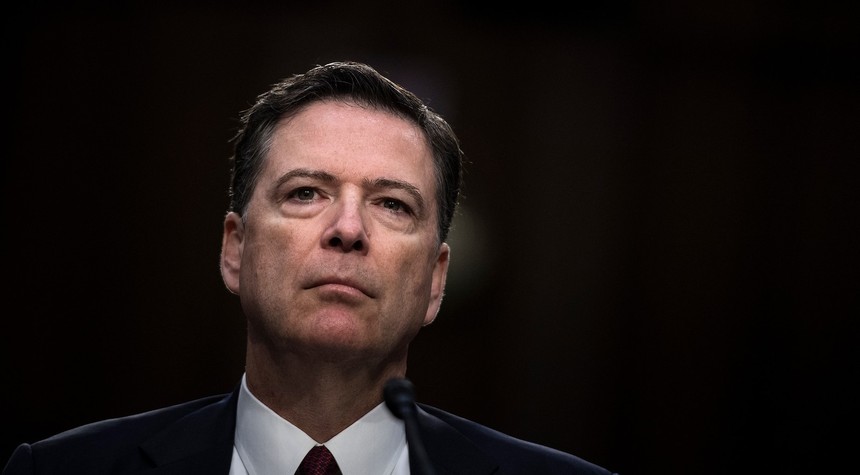The wheels of justice are supposed to turn according to established procedure, not political preference. What emerged in a federal courtroom this week raises serious questions about whether those wheels are being greased by something other than the pursuit of truth.
Lindsey Halligan, the U.S. attorney handpicked by President Trump to prosecute former FBI Director James Comey, made a startling admission under oath. The full grand jury that indicted Comey never actually saw the final indictment now being used to prosecute him. Only the foreperson and one other grand juror reviewed those charges.
Let that sink in for a moment. The foundation of our grand jury system rests on the principle that citizens, not prosecutors, decide whether charges are warranted. When only two members of that body see the actual indictment, reasonable people might wonder what happened to the other voices in that room.
The revelations came during a hearing where Comey’s legal team is seeking dismissal of the indictment, arguing the prosecution amounts to political revenge dressed up in legal robes. The facts surrounding this case certainly raise eyebrows.
Halligan came to her position after Trump removed the previous U.S. attorney, Erik Siebert, who sources indicate had declined to bring charges against Comey. Halligan, notably lacking any prior prosecutorial experience, sought the indictment shortly after Trump took to social media demanding Attorney General Pam Bondi take action immediately against Comey and others.
The timing tells its own story.
During Wednesday’s proceedings, Justice Department attorney Tyler Lemons found himself in an uncomfortable position when the judge asked about the existence of a declination memo. Such documents typically explain why career prosecutors recommend against bringing charges. Lemons initially claimed ignorance about what documents existed, then admitted he had indeed investigated the matter but was under orders from Deputy Attorney General Todd Blanche’s office not to reveal the answer.
When a federal prosecutor cannot tell a judge whether career attorneys recommended against an indictment, something has gone seriously sideways in our system of justice.
Comey faces charges of making false statements and obstructing a congressional proceeding related to his 2020 Senate Judiciary Committee testimony. He has pleaded not guilty. His attorneys argue this prosecution represents exactly what our Constitution was designed to prevent: government officials weaponizing the courts against personal enemies.
The defense filing put it plainly. Bedrock principles of due process and equal protection exist to ensure officials cannot use courts to punish and imprison perceived personal and political enemies. Yet that appears to be precisely what is happening here.
Vice President JD Vance has insisted any such prosecutions are driven by law, not politics. The evidence emerging from this courtroom suggests otherwise. When grand jury procedures are abbreviated, when career prosecutors’ recommendations are hidden from judges, and when inexperienced attorneys are installed after their predecessors refuse to bring charges, the appearance of political motivation becomes difficult to dismiss.
This is not about whether James Comey is popular or whether his past decisions were correct. This is about whether our justice system operates according to established rules or bends to accommodate the grievances of whoever holds power.
The judge’s questions suggest appropriate skepticism. The American people deserve answers about whether justice is being served or subverted. The facts will tell that story, if they are allowed to see daylight.
Related: Trump Tells McDonald’s Owners His Victory Saved America From Economic Catastrophe


